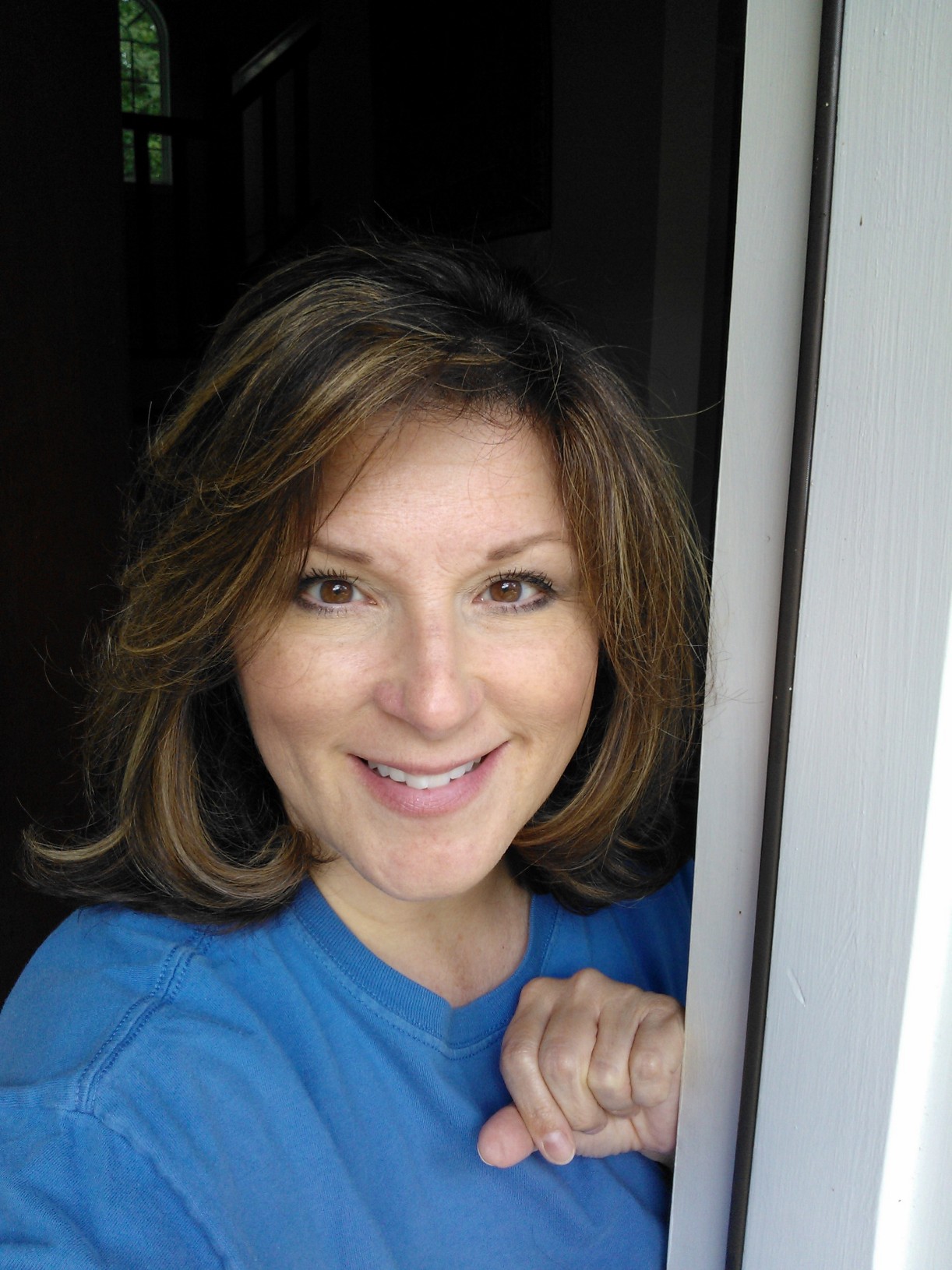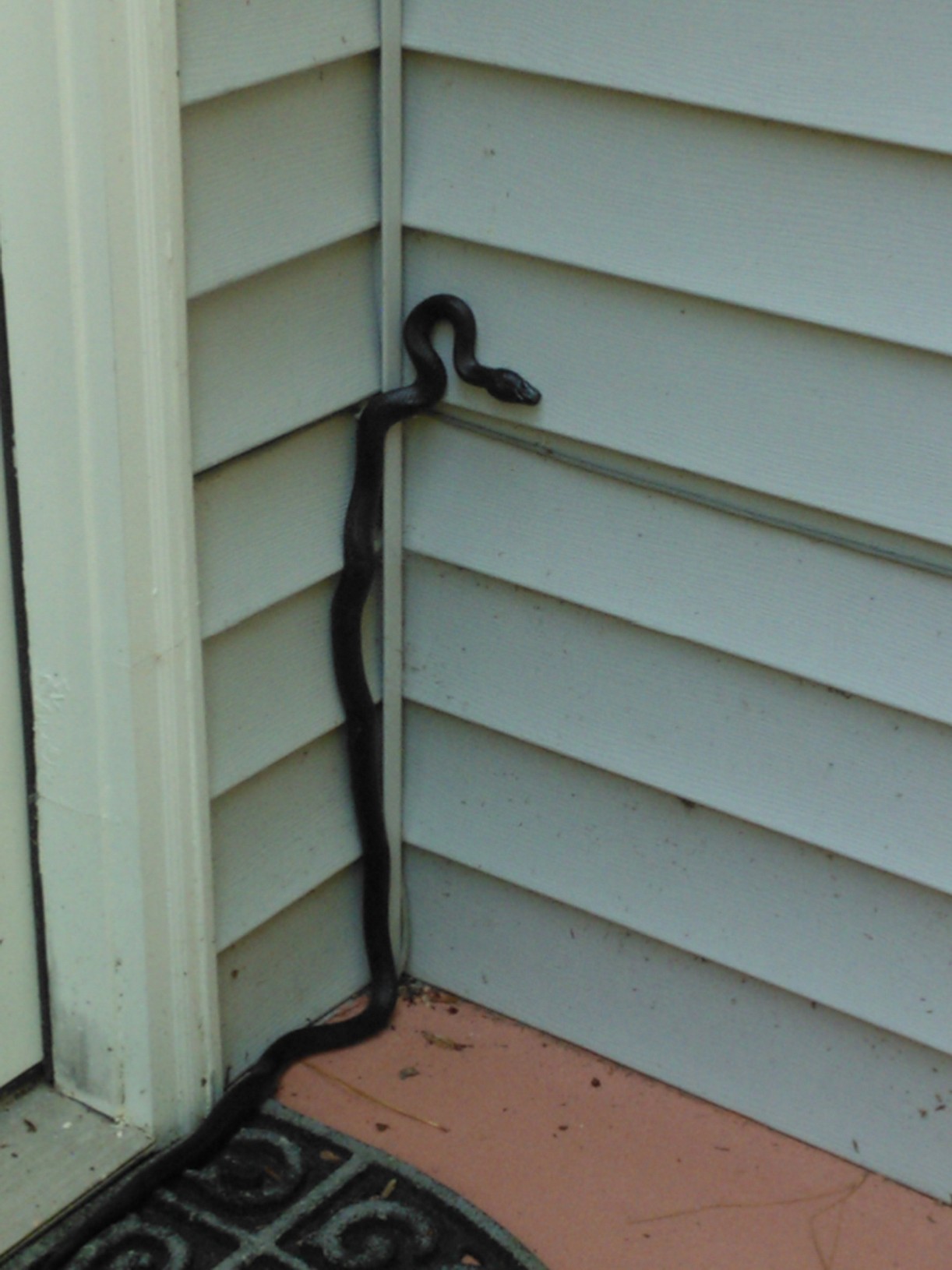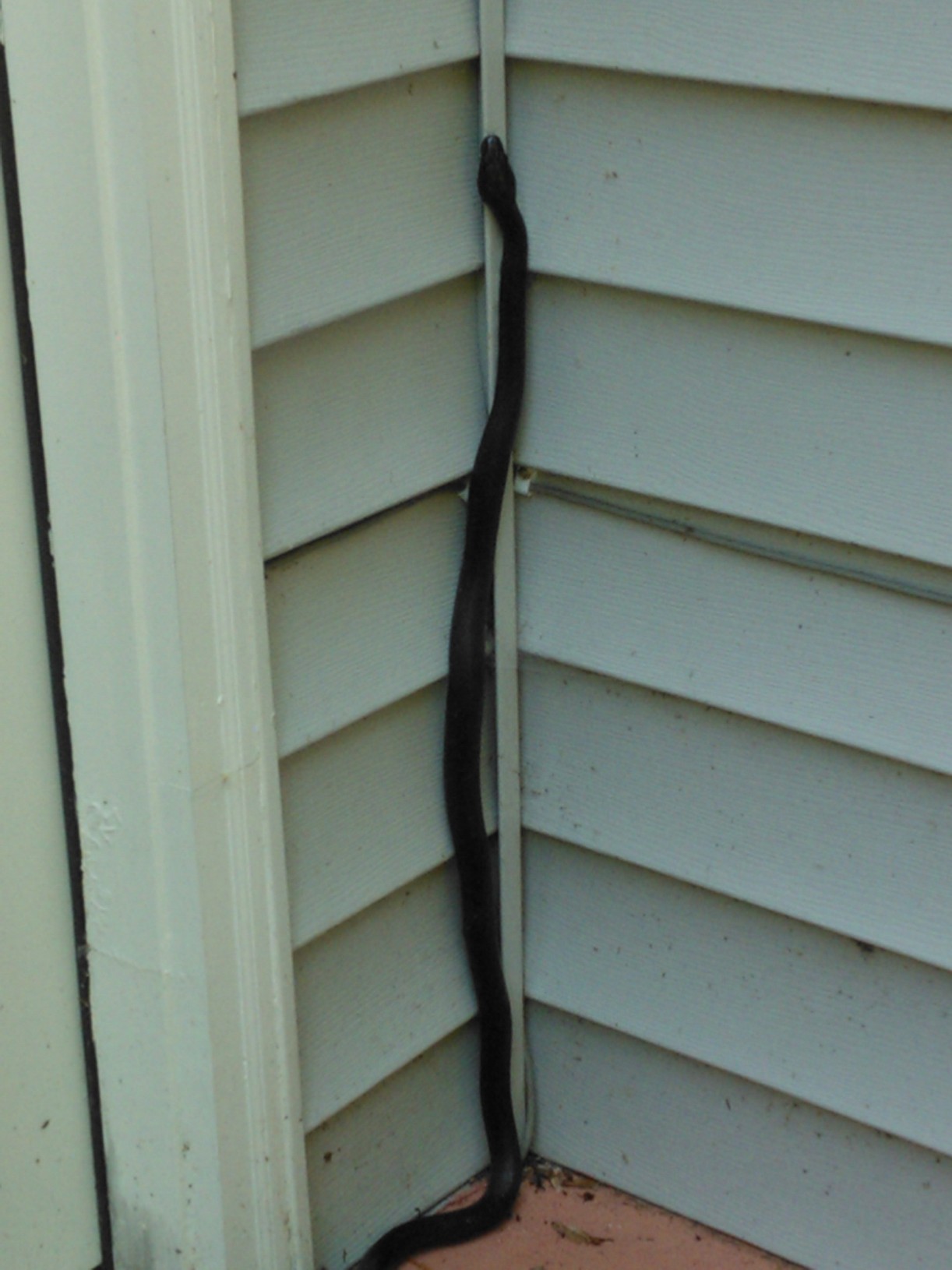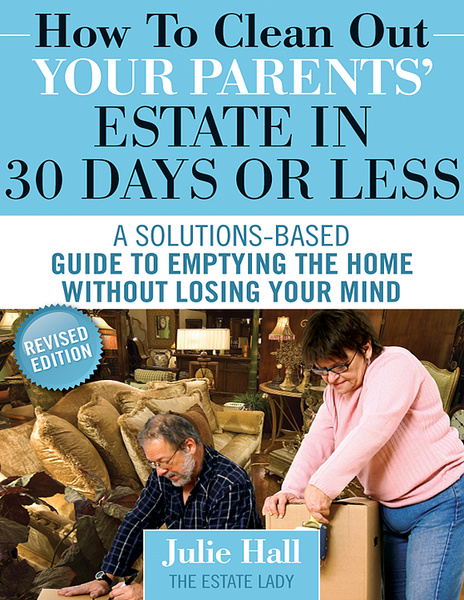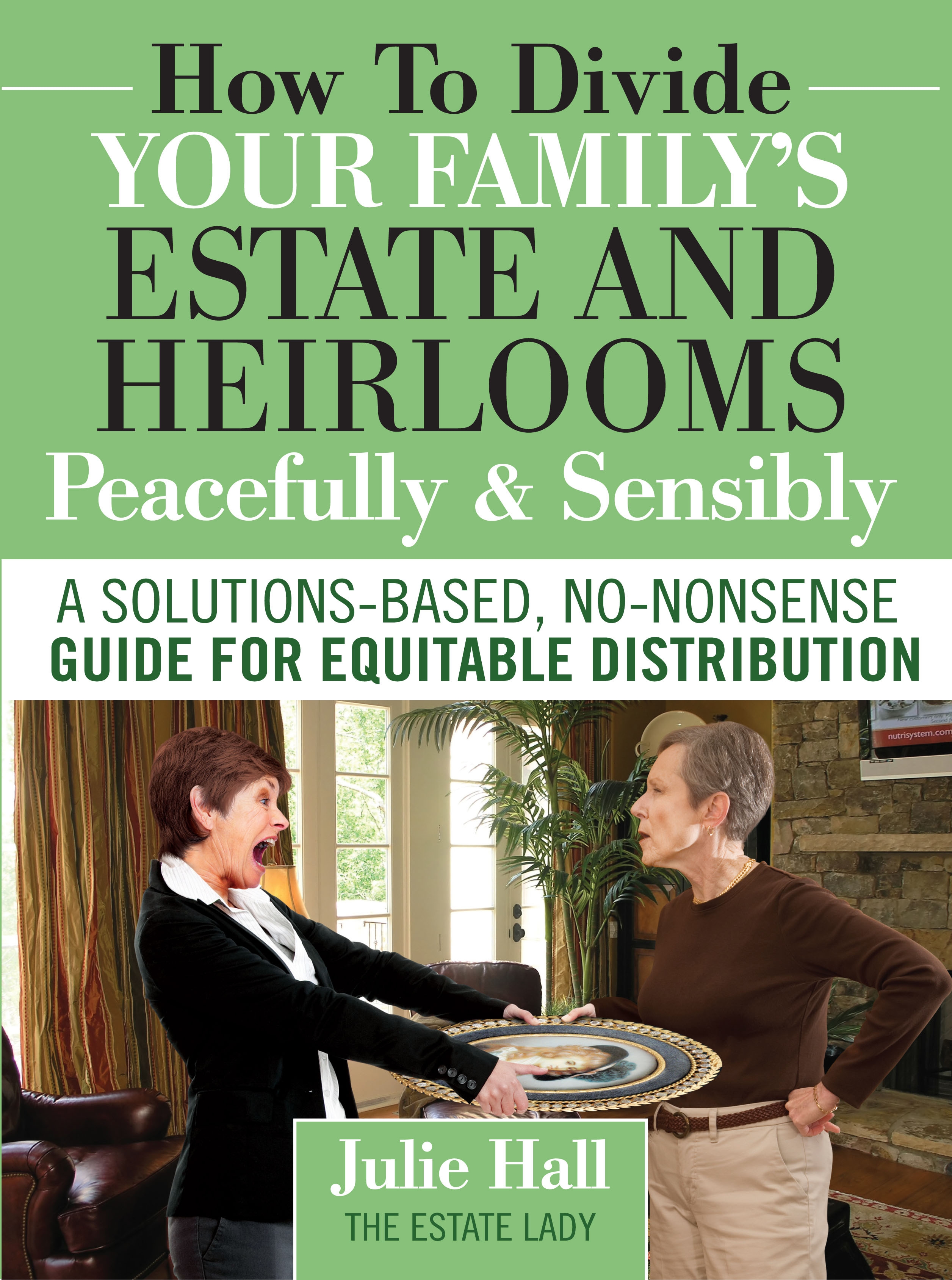One thing I have learned from cleaning out estates all these years is that many people have “skeletons” that need to be dealt with prior to their passing.
In the land of the forgotten (attics, boxes in the back of the closet, locked trunks, hidden in barns or sheds, etc), we find things I can’t even talk about because I will get very sad. I do my best to let go, or tuck these things away somewhere in a spare brain compartment, hoping not to think of them too often.
It is not unusual to find love letters, adoption papers for a child that never knew they were adopted, or evidence of an extramarital affair. On occasion though, we find things like suicide notes, drug abuse issues, different levels of pornography … some so bizarre it challenges my understanding of humans. In once case very long ago, we even found pedophile material up in the attic after he died. These things had to be from the 1940s or 1950s, but it still leaves a mark of sadness upon one’s soul.
We see the dark portals in people’s lives after they leave. We will never have a clear understanding of why these people did what they did, made certain decisions, or why on earth they would ever leave those secrets behind to be found. I think to myself how fortunate it was that my company was the one who found those items, instead of a family member who may be traumatized for the rest of their life. It is my cross to carry … discretion and protection.
Uncovering these secrets casts a shadow which can change your feelings about the person who has died, not to mention seriously tarnishes their personal legacy.
Some things need to be told to the family
and some secrets need to go to the grave with the deceased loved one.
Remember: The dead cannot defend themselves or their actions.
It is difficult to write these things. I am choosing to use these challenging illustrations for the greater good, in hopes that we can learn to better prepare for our own estates. Think about the many different facets of an estate and how complex it can be. We must not only think about ourselves and what we desire, but we must think about those we leave behind and what they may find.
TIP OF THE WEEK: Be forewarned. Clean your home and clean your life! Take it from one who knows.
©2014 The Estate Lady®
Julie Hall, The Estate Lady®, is the foremost national expert on personal property in estates, including liquidating, advising, and appraising. http://www.TheEstateLady.com She is also the Director of American Society of Estate Liquidators®, the national educational and resource organization for estate liquidation. http://www.aselonline.com.
No part of The Estate Lady® blogs, whole or partial, may be used without Julie Hall’s written consent. Email her at Julie@TheEstateLady.com



